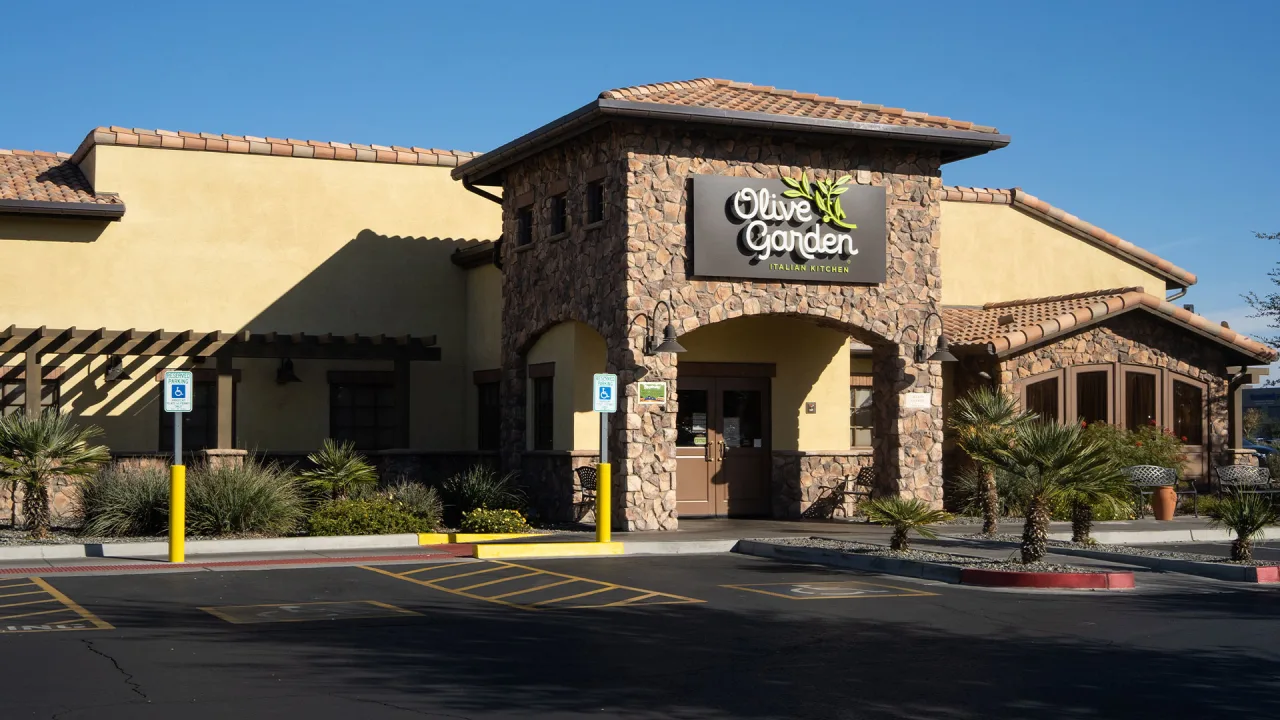Building Back Better: Post-Pandemic Strategies for Sustainable Hospitality
The global hospitality industry Sustainable Tourism Conference has long been a cornerstone of economic development, cultural exchange, and employment generation. However, recent years have exposed critical gaps in its ability to withstand systemic disruptions. As the sector transitions into a new era of awareness and accountability, the Sustainable Tourism Conference concept of “building back better” calls for an integrated approach to sustainable hospitality — one that not only prioritizes environmental and economic concerns but also fosters inclusive growth, digital transformation, and cultural preservation.
This paper explores strategic frameworks and innovative practices that are essential to rebuild and reshape the hospitality sector sustainably, in alignment with the mission of the International Conference on Sustainable Tourism and Hospitality Management (ICSTHM) and the research-driven ethos of ZEP Research.
Rethinking Hospitality Through Sustainability
The hospitality sector is undergoing a paradigm shift toward sustainability. This transformation is being driven by:
-
Environmental urgency due to climate change and resource depletion,
-
Shifting consumer expectations toward ethical and sustainable experiences, and
-
Regulatory frameworks tied to global sustainability targets such as the United Nations’ SDGs.
Sustainable hospitality is no longer a branding tool — it is a survival strategy. It requires hoteliers, travel operators, and tourism boards to adopt low-impact technologies, invest in energy-efficient infrastructure, reduce waste, and support local ecosystems. By reducing ecological footprints and embracing regenerative tourism models, hospitality organizations can provide value while preserving destinations for future generations.
Strategic Pillars of Sustainable Hospitality
To build a future-ready hospitality industry, strategic interventions are required in the following core areas:
1. Environmental Stewardship
-
Transitioning to renewable energy sources (e.g., solar, wind) for operations.
-
Implementing smart systems for water conservation, waste management, and carbon tracking.
-
Designing climate-resilient buildings using sustainable architecture.
2. Socioeconomic Empowerment
-
Supporting community-based tourism and local supply chains.
-
Ensuring fair wages, gender equity, and safe working conditions across hospitality roles.
-
Promoting local culture and heritage in tourism programming.
3. Ethical Guest Experience
-
Educating guests about responsible travel behavior.
-
Offering sustainable product choices (e.g., organic toiletries, eco-friendly transport).
-
Using transparency to build trust around environmental and social impact.
These principles are at the core of ICSTHM’s thematic focus and serve as benchmarks for academic and industry research promoted by platforms like ZEP Research.
The Role of Innovation and Technology
Digital transformation is key to building sustainability into the DNA of the hospitality sector. Modern technologies allow for efficiency, scalability, and personalisation, all while minimizing environmental harm. Key technological enablers include:
-
Smart building systems for energy and waste management.
-
AI-driven guest personalization for optimized service and reduced waste.
-
Blockchain for transparent supply chains and authentic sustainability reporting.
-
Augmented and virtual reality to reduce the need for physical travel while enriching experiences.
These innovations do more than modernize operations — they bridge the gap between sustainability goals and business viability.
Policy, Governance, and Global Partnerships
To scale up sustainable hospitality, a multi-stakeholder approach is vital. Governments, international bodies, academic institutions, and private enterprises must co-create enabling environments for innovation, regulation, and investment.
Policies should incentivize:
-
Green certification and benchmarking systems (e.g., LEED, EarthCheck).
-
Tax benefits or subsidies for eco-retrofitting.
-
Sustainable procurement and local hiring mandates.
Moreover, transnational collaborations and knowledge exchanges — such as those promoted by ICSTHM — are crucial for aligning local practices with global goals.
Education and Capacity Building
Sustainability in hospitality must be driven by people. This means not only training hospitality professionals in green practices but also cultivating leadership that prioritizes long-term impact over short-term profits.
Recommendations include:
-
Integrating sustainability into hospitality curricula at universities and vocational institutions.
-
Offering certifications in areas like green building design, ESG reporting, and ethical sourcing.
-
Empowering frontline staff to take ownership of sustainability initiatives.
This capacity-building focus aligns with ZEP Research’s commitment to knowledge dissemination and academic collaboration.
Measuring Impact and Continuous Improvement
Sustainable hospitality is a continuous journey, not a destination. Measurement frameworks are needed to assess, compare, and improve sustainability performance. These might include:
-
Life Cycle Assessment (LCA) of hotel operations.
-
Triple Bottom Line (TBL) reporting: People, Planet, and Profit.
-
Stakeholder engagement surveys to capture feedback from guests, staff, and communities.
Instituting key performance indicators (KPIs) tied to sustainability goals ensures that progress is tracked, verified, and improved over time.
Conclusion
“Building Back Better” in the hospitality sector demands more than resilience — it requires redesign. A future-oriented hospitality ecosystem must be sustainable by default, powered by innovation, governed by ethical principles, and inclusive of diverse voices. This new model is not only better prepared for future disruptions but is also capable of contributing meaningfully to global sustainability.

































































![https //g.co/recover for help [1-866-719-1006]](https://newsquo.com/uploads/images/202506/image_430x256_684949454da3e.jpg)
























![How Smart PMs Scale Their Careers in Any Org [TPG Live Recap]](https://tpgblog.com/wp-content/uploads/2025/06/2025-06-12-thumbnail-action.png?#)





















































